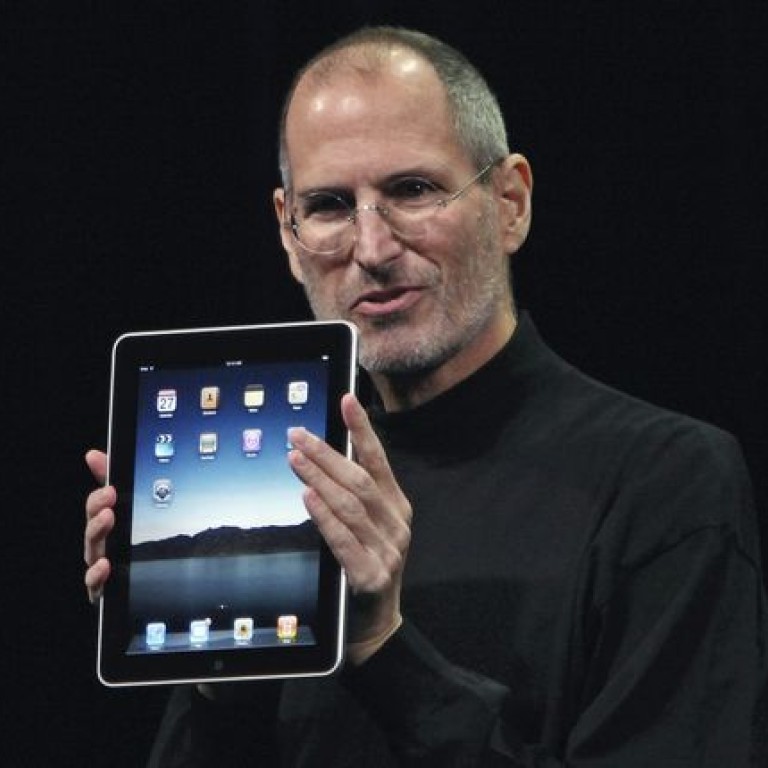
The power of counter-intuitive awakening
Playboy, the world brand most famously associated with female nudity and sexy bunnies for decades, made headlines recently by announcing that its magazine will go no-nude from 2016.
Playboy, the world brand most famously associated with female nudity and sexy bunnies for decades, made headlines recently by announcing that its magazine will go no-nude from 2016. Yes, no more naked women on display, and thus declaring: “I read Playboyfor the articles” will no longer sound pretentious.
For the publication which probably served as the prime source for generations of young men’s visual introduction to – and lustful imagination about – women’s bare bodies to suddenly go no-nude is certainly counter-intuitive to most people. But it is proving to be one most sensible business decision for reinventing an ageing and increasingly irrelevant brand. Who would still pay for pictures of naked women in the contemporary era when all kinds of nudity, however salacious, are just – at most – a few clicks away for free?
Indeed official figures show thatPlayboy’s circulation has dropped from 5.6 million in the 1970s to its current 800,000. Nowadays the company makes most of its money from licensing its brand around the world to sell various product categories, including fashion and jewellery. About 40 per cent of merchandising income is generated in China, where the magazine is not even available.
Over half a century ago, the publication was pioneering the introduction of women in their most natural state to the world at a time when female nudity was taboo. Now that the internet has made the thrill of eyeballing naked women (in Playboy Enterprises CEO Scott Flanders’ word) “passé”, no less counter-intuitively, the magazine is declaring its founding goal accomplished and making nudes old news – despite the difficult question to answer: “if you take nudity out, what’s left?”
Nudity is already a foregone conclusion on Playboy’s website, whose popularity has since soared with web traffic quadrupling – no doubt benefiting from the social media platforms of Facebook, Instagram and Twitter since purging all nude images.
The story here is not really about Playboy’s history, but instead offers a very useful lesson about the power of a paradigm shift, particularly in the opposite direction. This is about disruption and innovation – to stay relevant when the world you have created has passed you by. Although it’s too early to judge its impact on the company’s future, advertising insiders are applauding Playboy’s change, thinking “it’s genius”.
Steve Jobs was also renowned for his counter-intuitive thinking in creating success stories, not least by following his own instinct for simplicity rather than listening to the customer in coming up with era-shaping devices, all contributing to making Apple the most valuable brand in the world.
For all their superlative acumen in wealth creation, both Warren Buffett, the sage of Omaha, and Li Ka-shing, Asia richest man, are also famous for their counter-intuitive instincts in making winning investment decisions.
In fact, mostly based on related – or not-so-related – experiences in the past, the human mind subconsciously relies on intuition to interpret observations and form ideas on how to get things done. Short of critical reasoning, however, hunches are hardly reliable and usually far from the truth, for the simple reason that what works for one situation may not do so for the next one. Indeed, while critical thinking is the only way to get close to the truth, many skills can only be mastered through counter-intuitive awakening: as the power comes from the leg-and-hip movement, the arms and hands have to stay almost passive in order to hit golf shots; you have to gain speed in order to maintain balance on two wheels; instead of descending, pilots usually maneouvre to gain altitude in a storm.
One way to enable and stimulate the counter-intuitive function of the mind is to encourage and accommodate contrarian thoughts. This is particularly important for risk analysis during the decision-making process, where a company has to cope with high levels of uncertainty – as in situations involving launching a new product, entering a market or making a substantial capital investment.
Paradoxically, in the absence of alternative opinions, the more certain a manager is about his own view, the more he needs to force himself to think in the opposite direction about any major decision he is making in order to possibly eliminate blind spots and avoid pitfalls. Besides, the more urgent a task is, the more he needs to slow it down in order to allow time for critical thinking; and the further away a deadline is, the sooner he has to get the task started so as to avoid procrastination.
So what’s left after nudity is taken out? It’s everything else.
